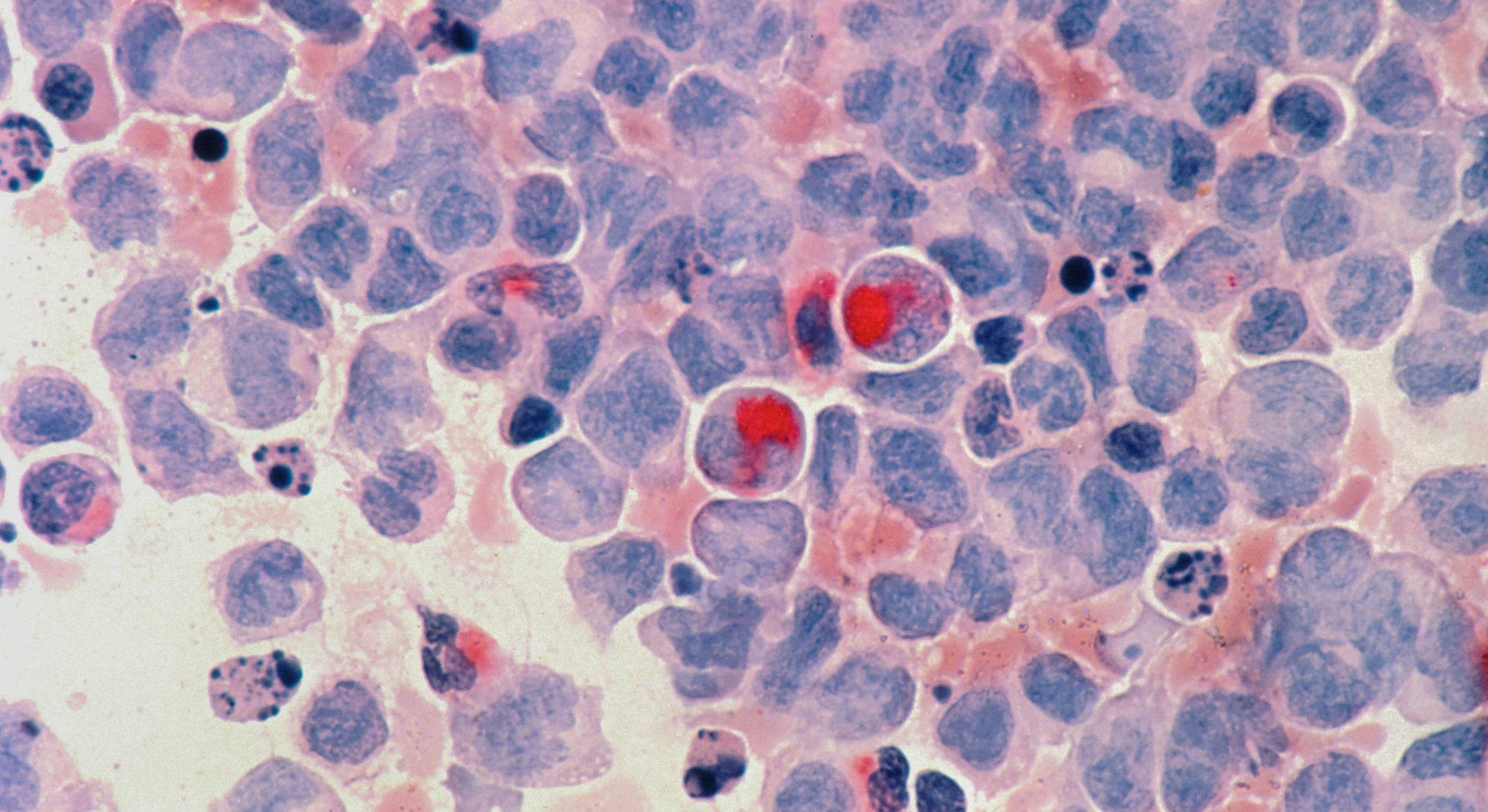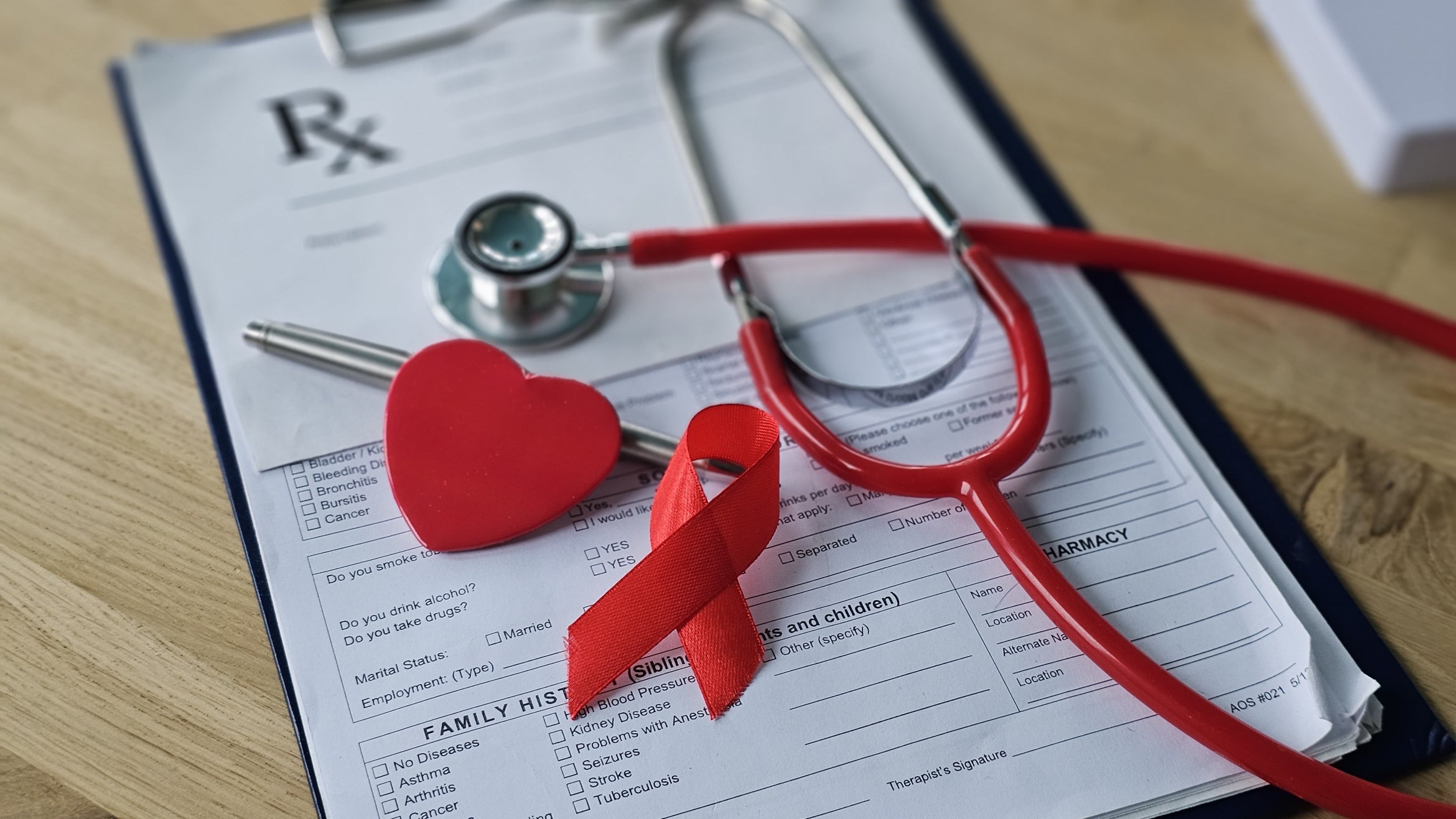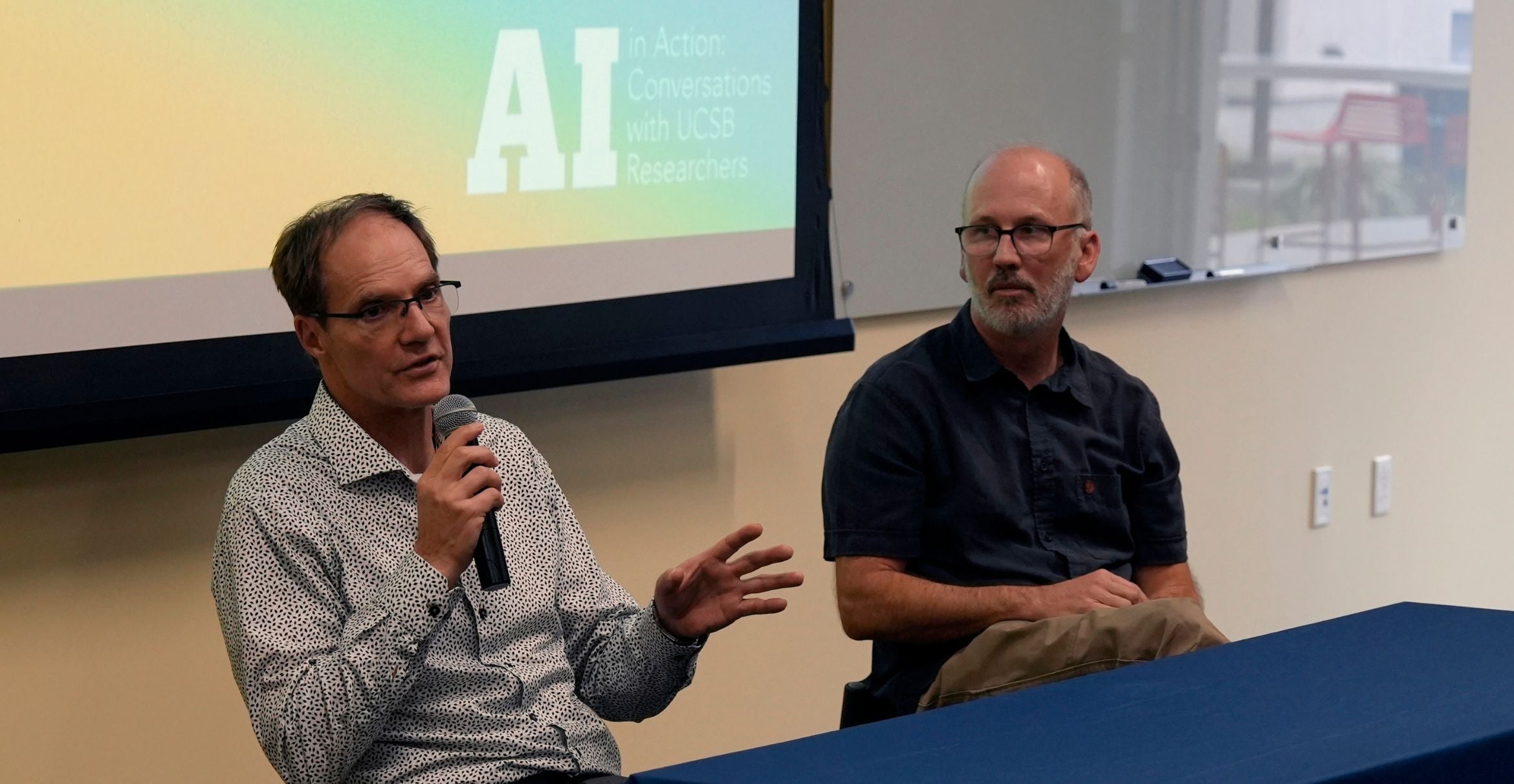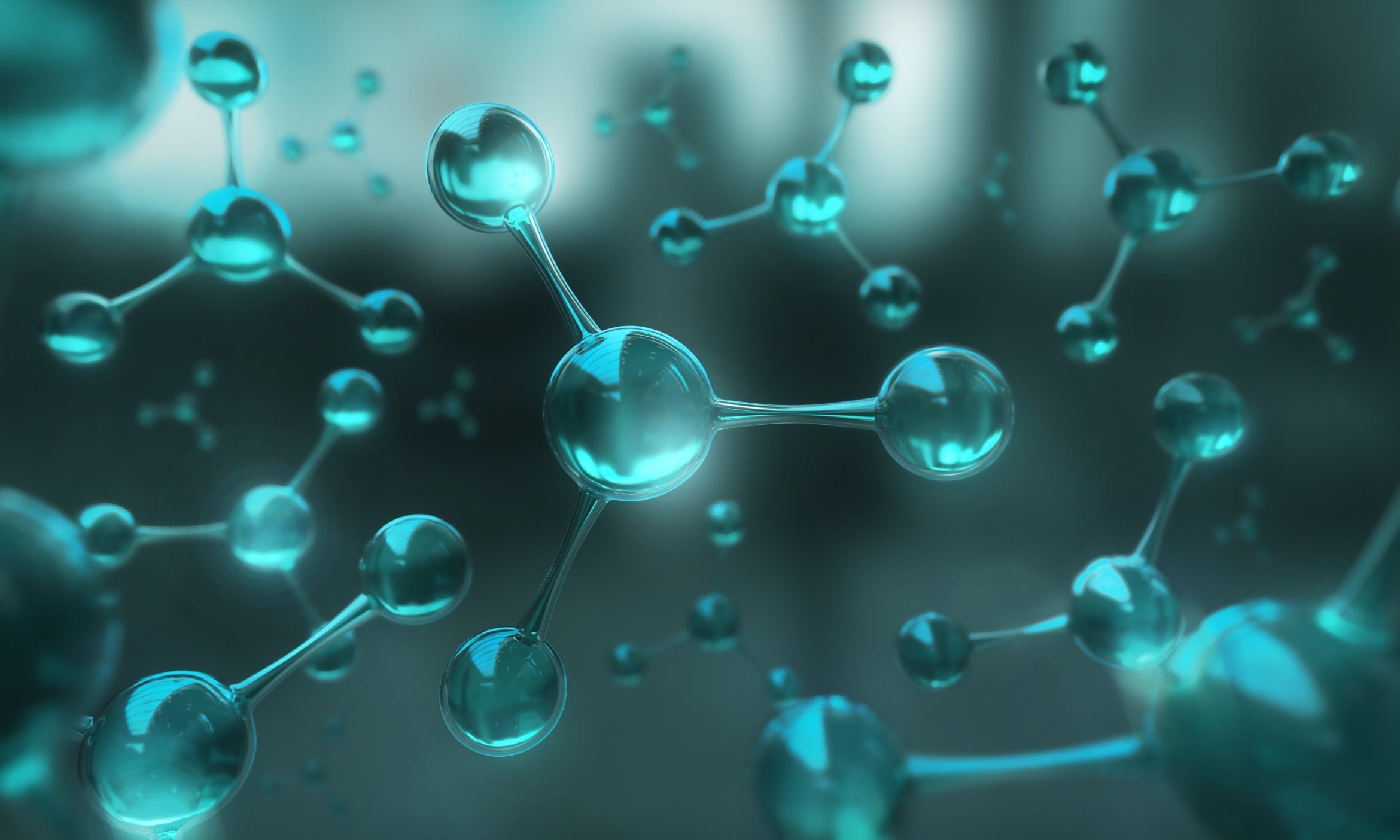
When it comes to both natural and synthetic biological and chemical processes, catalysts can’t be beat. These substances enable the transformations that underlie myriad processes, and are used in everything from industrial manufacturing to food preparation, to disease diagnostics, to our own digestion. If a molecule needs to be broken down, altered, removed or joined to another, chances are a catalyst is what you need to make it happen.
Chemist Yang Yang’s work involves pushing the boundaries of catalytic and enzymatic (biocatalysis via proteins) reactions. The UC Santa Barbara assistant professor combines his expertise in both synthetic biology and synthetic chemistry to find ways to improve how catalysts and catalytic processes work, and also to synthesize entirely new catalysts and enzymes. Catalysts of the future are ideally more efficient (reactions produce more of the desired product) and more environmentally friendly (they are less toxic and consume less energy).
“Overall, catalysis and enzyme technology have the potential to provide a new solution to the sustainable synthesis of useful compounds, including
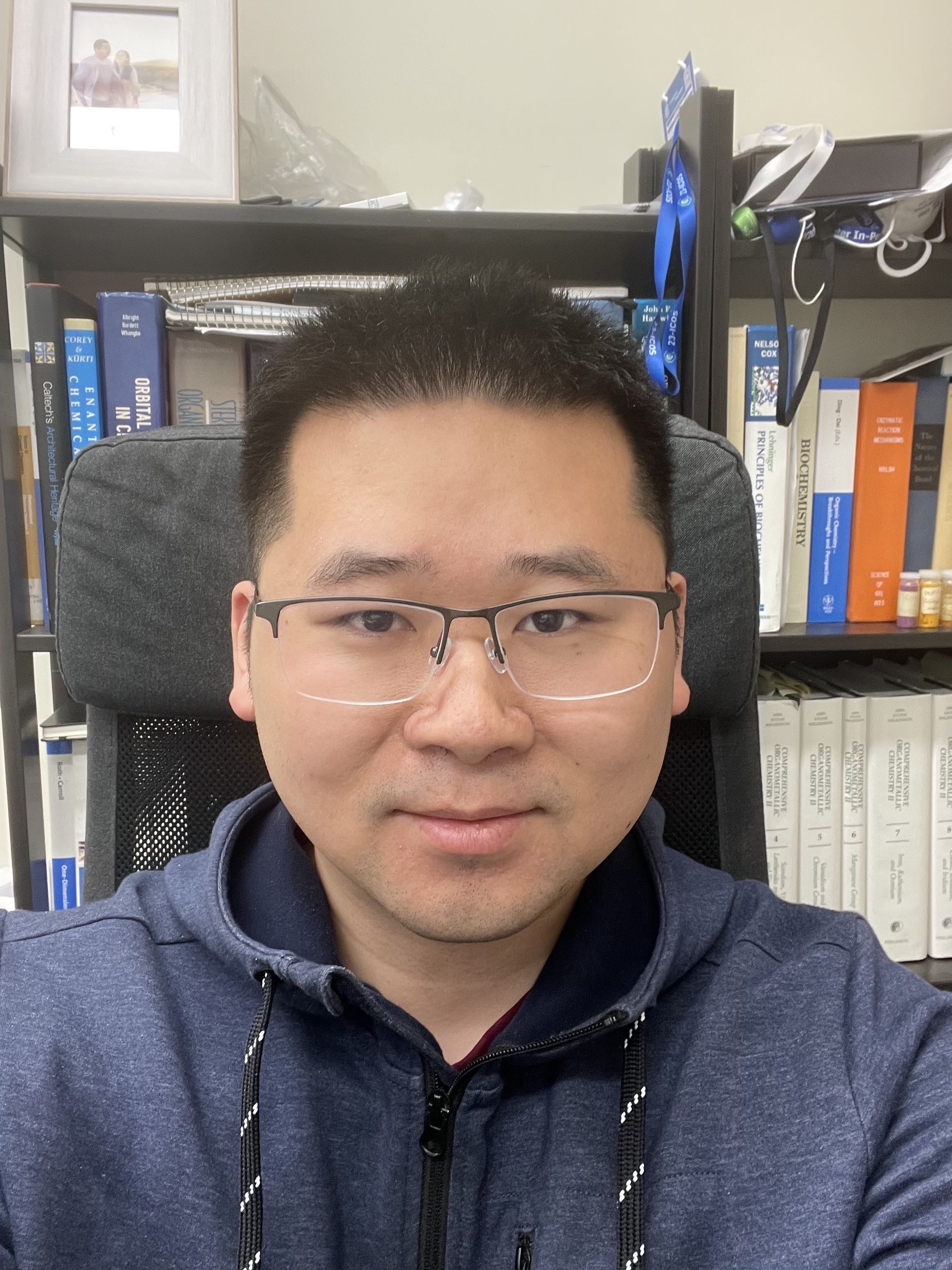
pharmaceuticals, agrochemical and specialty chemicals,” Yang said.
To boost his research into this frontier, Yang has been awarded a 2023 Fellowship for Science and Engineering from the David and Lucile Packard Foundation. He and 19 other early-career researchers across the country are each the recipients of $875,000 over five years to enable out-of-the-box thinking that may one day result in breakthroughs that vastly improves peoples’ lives and understanding of the world around them.
“It is my greatest pleasure to join the Packard community and I sincerely thank my students and postdocs who made the proposed research possible,” Yang said. The funds will allow his research group to devote more time and effort toward the discovery and evolution of “novel modes of biocatalysis that are not only new-to-nature but also new-to-chemistry.”
“The specific compound class we are very interested in includes nitrogen-containing compounds such as amines and heterocycles, and other types of chiral amine-containing products,” Yang continued. “These structural elements are important because they’re commonly found in pharmaceuticals, agrochemical and specialty chemicals, and their synthesis is inefficient and unsustainable. So we hope to develop more efficient ways to make these compounds, and in doing so we will use nature’s privileged catalysts: enzymes.”
Additionally, he said, these enzymatic reactions will occur using water as a solvent, and under very mild conditions. In creating these new methods, the hope is to be able to more efficiently make these value-added nitrogen-containing compounds while avoiding the use of more toxic and nonrenewable substances, such as petroleum-derived organic solvents.
“What we hope is to develop more efficient and sustainable production methods using innovative enzyme technology,” Yang said.
“From the nanoscale to the scale of the galaxies, the 2023 class of fellows are making groundbreaking discoveries, conducting critical research and leaving a lasting impact on the scientific community and our world,” said Jason Burnett, Packard Board Foundation chair. “Their ability to strive for the impossible is a contagious source of hope for those looking to change the field of science and will serve as inspiration for the next generation of researchers.”
Indeed, Packard Foundation Fellows have gone on to receive the highest accolades, including Nobel Prizes in Chemistry and Physics, Fields Medals, Alan T. Waterman Awards, Breakthrough Prizes, Kavli Prizes and elections to the National Academies of Science, Engineering and Medicine.
Sonia Fernandez
Senior Science Writer
(805) 893-4765
sonia.fernandez@ucsb.edu
